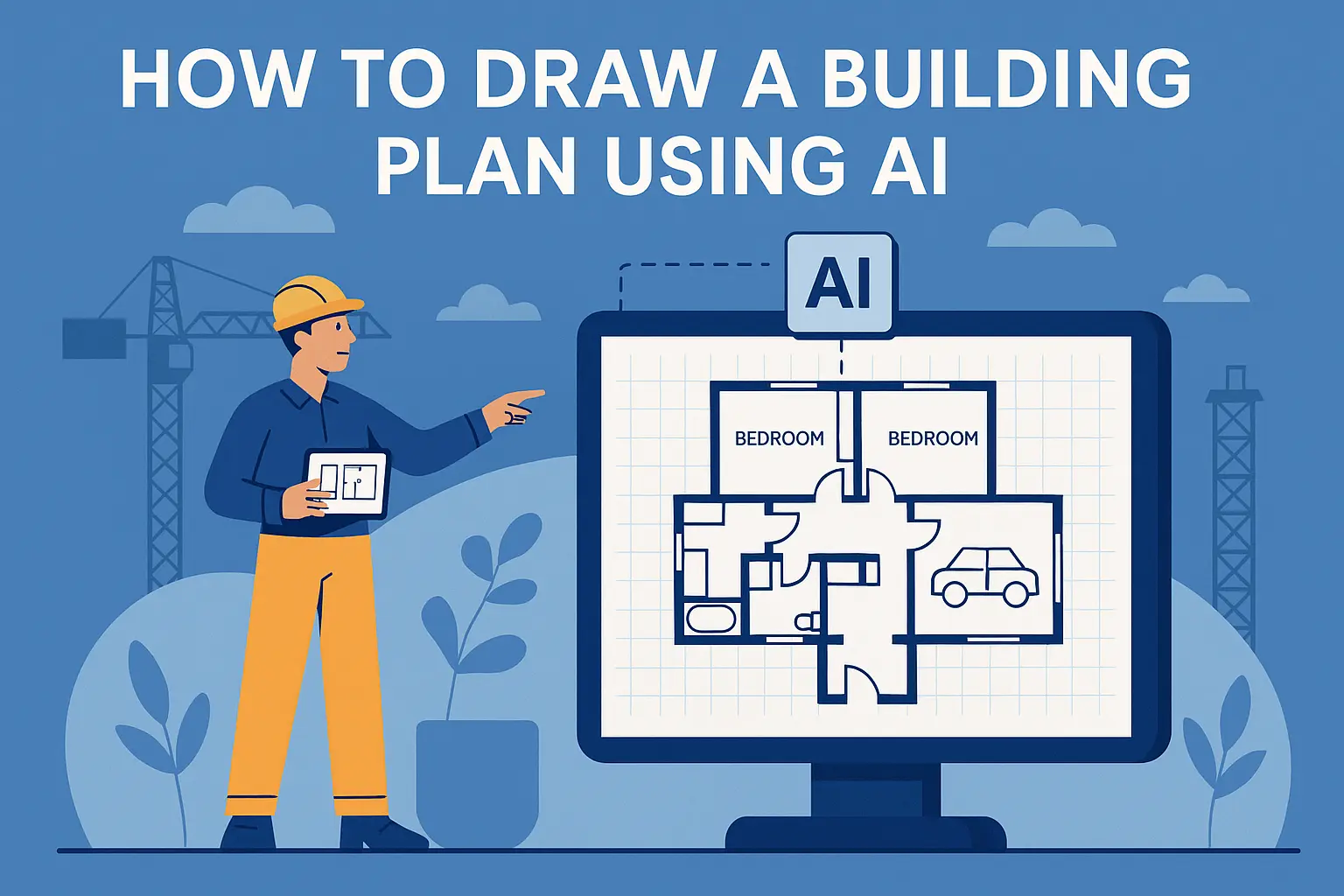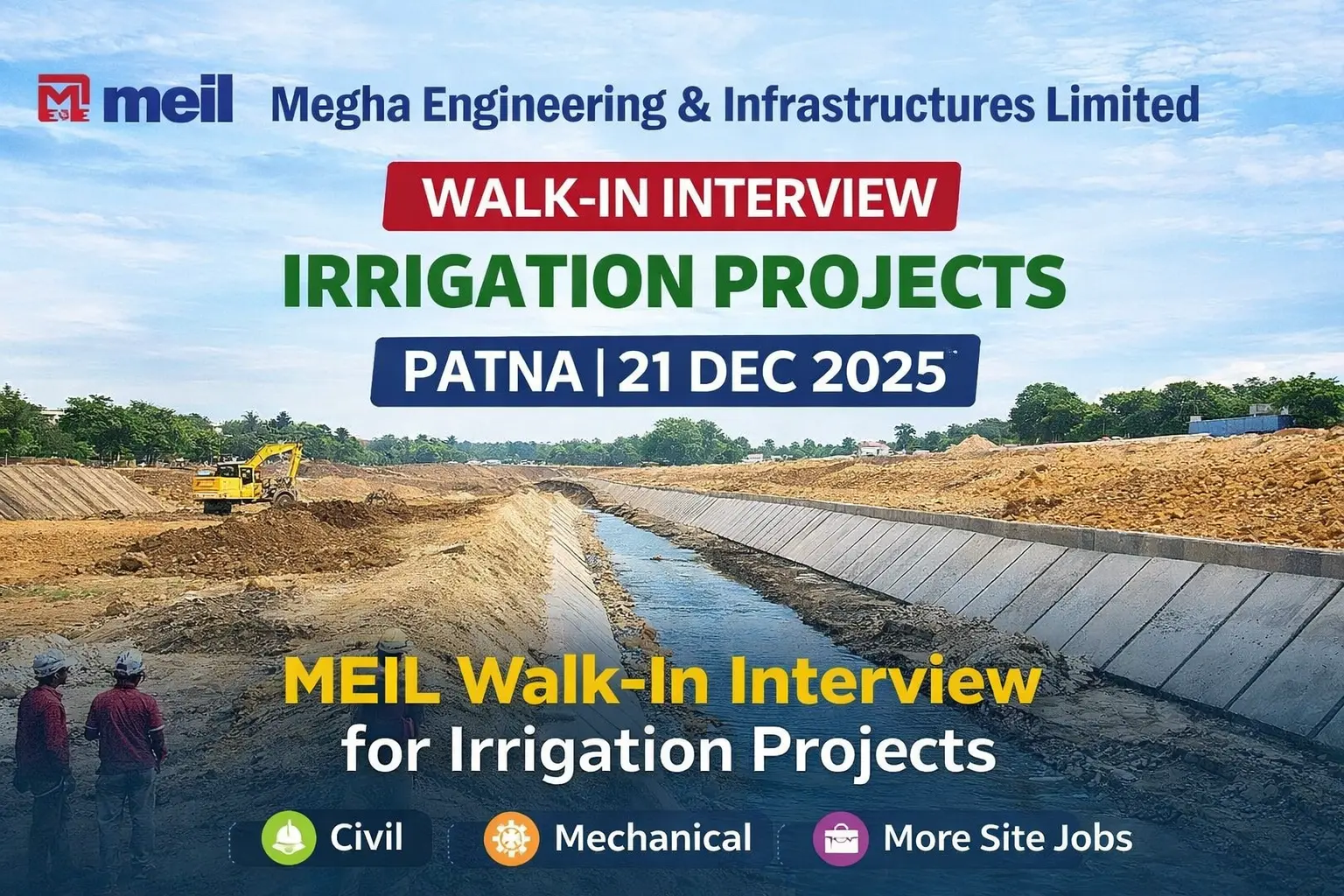Civil engineering is the foundational pillar of modern infrastructure projects, from the design to the construction to the maintenance of a grand society. Civil engineers are important to us all, from bridges and highways to residential complexes and water supply systems. But to excel in this ever-changing field, there is a set of technical and soft skills that range from the basics to the state of the art and change rapidly, keeping pace with advancing technology and changing market demands.
In this detailed guide, we will talk about the key skills every civil engineer must master, give actionable strategies on how to develop them, and how those skills can uplift your career.
1. Mastering Technical Expertise
What It Entails
Civil engineering is based on technical expertise. It’s about knowing which key concepts in mathematics, physics, materials science, and structural analysis would be used to design a safe and efficient job.
Steps to Develop
- Pursue a Solid Education: You need to have a civil engineering degree from a good institution.
- Learn Relevant Software: Today’s modern engineers are sick of the tools, AutoCAD, STAAD pro, SAP2000, Revit, etc.
- Stay Updated: Learn about emerging technologies and methodologies in civil engineering through courses.
2. Improves Analytical and Problem-Solving Skills.
Why It’s Important
Complex challenges encountered by Civil Engineers in the areas of structural design, material selection, and on-site troubleshooting are encountered daily.
Steps to Develop
- Work on Case Studies: They are to analyze real-world problems and create feasible solutions.
- Participate in Competitions: Hands-on experience is gained through engineering hackathons and design challenges.
- Seek Mentorship: Understand how the experienced professionals are approaching the problems.
3. Building Strong Project Management Skills
What It Entails
Project management involves planning, scheduling, budgeting, and directing construction projects so they are finished on time and within budget.
Steps to Develop
- Learn Project Management Tools: Make you familiar with Primavera, Microsoft Project, and Oracle Aconex tools.
- Obtain Certifications: Think of certifications like PMP (Project Management Professional).
- Take Responsibility: Gain hands-on experience volunteering to lead small projects.
4. Strengthening Communication and Collaboration Skills.
Why It’s Critical
Communication is effective in providing clarity to its team, stakeholders, and clients; and collaboration promotes teamwork and project success.
Steps to Develop
- Practice Public Speaking: Toastmasters is a good place to join to improve verbal communication.
- Write Clearly: You get to learn how to write concise and professional reports, proposals, and emails.
- Engage in Group Activities: Have company with team projects to get a taste of how it works in the real world.
5. Adopting New Technologies
What It Entails
Building Information Modeling (BIM), drones, Artificial Intelligence (AI), and other technological advancements are changing the civil engineering industry speedily.
Steps to Develop
- Learn BIM Software: Revit and Navismworks are standard products in the industry.
- Explore Drone Applications: Drones for site surveys and inspections.
- Experiment with 3D Printing: It can be applied for prototyping and design validation.
6. Getting Sustainability and Helping the Environment
Why It’s Essential
Sustainable construction practices can also reduce environmental impact and also lead to long-term project sustainability.
Steps to Develop
- Understand Green Building Standards: Get study certifications such as LEED, GRIHA, etc.
- Research Eco-Friendly Materials: Find out the bamboo, fly ash bricks, and other sustainable options.
- Attend Sustainability Workshops: Learn about green construction best practices.
7. Practical site experience acquisition
Why It’s Important
Real application-based experience closes the gap between theoretical knowledge and actual application. It gives engineers an idea of how to manage labor management, material usage, and site conditions.
Steps to Develop
- Take Internships: Gain hands-on experience working with construction companies.
- Visit Sites Regularly: See how challenges are tackled on the ground.
- Shadow Professionals: See how experienced site managers and engineers work.
8. Leadership and Decision Making Skills
What It Entails
The leader provides a route, kicks projects on track, and makes decisions, but it has to be based on information.
Steps to Develop
- Start Small: Lead small teams either in the work or academia context.
- Learn from Leaders: If you haven’t read books like The 7 Habits of Highly Effective People by Stephen Covey.
- Take Initiative: Take volunteer roles that involve making decisions, and managing teams.
9. Financial Management and Budgeting Learning
Why It’s Crucial
Project feasibility and resources effective management requires an understanding of budgeting, cost estimation, and financial planning.
Steps to Develop
- Use Budgeting Tools: Take classes in learning Excel or other construction-specific software.
- Take Financial Management Courses: Pay attention to courses specifically for engineering projects.
- Analyze Budgets: Break completion of project budgets, to know how resources were allocated.
10. Living the Life of Lifelong Learning and the Art of Transitions
Why It’s Necessary
Civil engineering is an ever-changing field. As engineers, we have to get with the new stuff, and the new stuff is what keeps us relevant.
Steps to Develop
- Stay Informed: They read Industry Journals, attend expos, and join Industry forums.
- Network with Professionals: Obtained new trends and technologies from others.
- Invest in Education: Take new certifications or courses regularly, so you stay ahead.
Conclusion
The skills needed for civil engineering jobs are developed over time, during the internship period, and depending on the practical and the technical sides of the work, as well as the interpersonal skills needed.
Aspiring civil engineers can master these skills and keep their finger on the pulse of industry trends for a long career. This is all we need to focus on learning, adapting, and applying these skills to adapt in this ever-evolving field.
Read More: What is LEED Certification? A Complete Guide for Indian Builders
FAQs Career with These Civil Engineering Skills
1. What are the best jobs for civil engineers?
Technical expertise, analytical thinking, project management, effective communication, strong written and oral communication, and good analytical skills are the key skills of the person required and demanded.
2. What do I need to do better when solving problems?
Ask questions, engage in real case studies, take mentorship, and work on diverse projects.
3. Why is sustainability important to civil engineers?
sustainability is that it involves eco-friendly construction practices, conservation of resources, and a decrease in environmental impact.
4. Are civil engineers supposed to have leadership skills?
of course, leadership is good for running teams and decisions that will determine the success of your projects.
5. What can technology do for civil engineers?
BIM and AI tools boost design accuracy, shorten project management time, and make design work more efficient as a whole.










